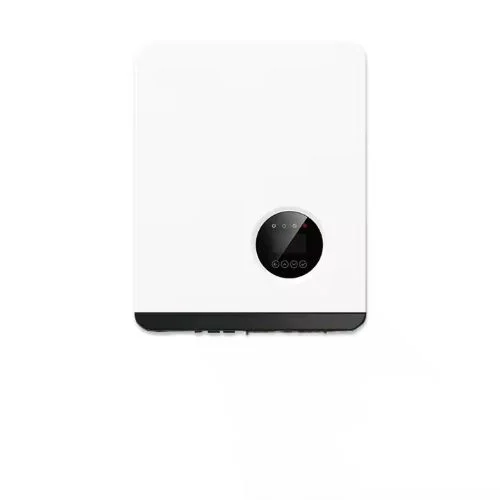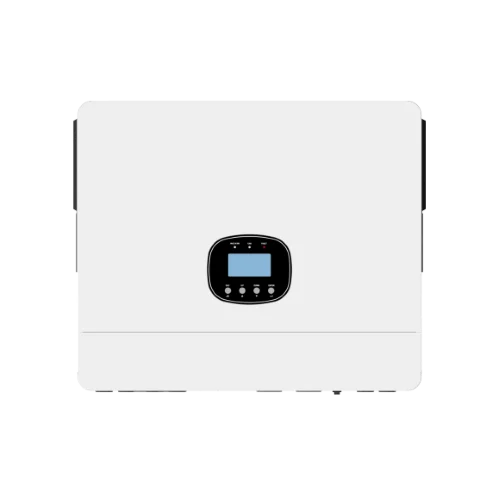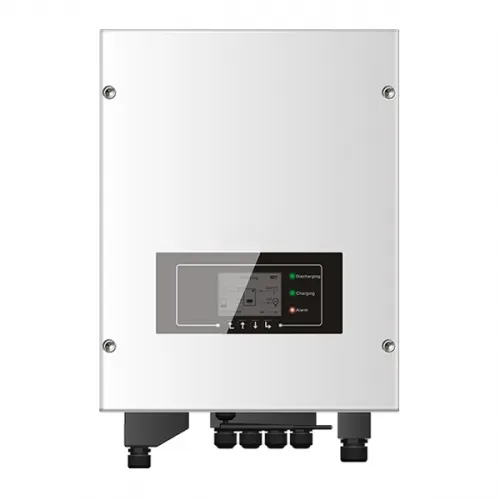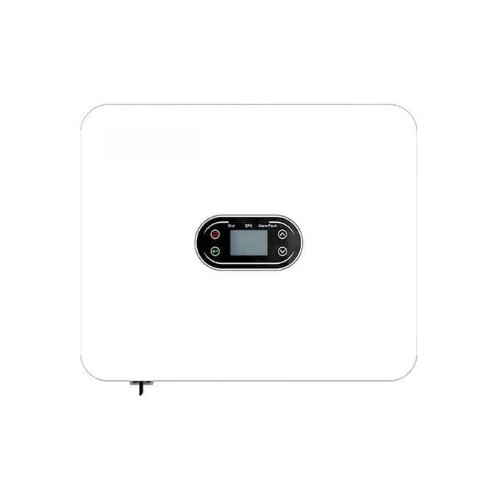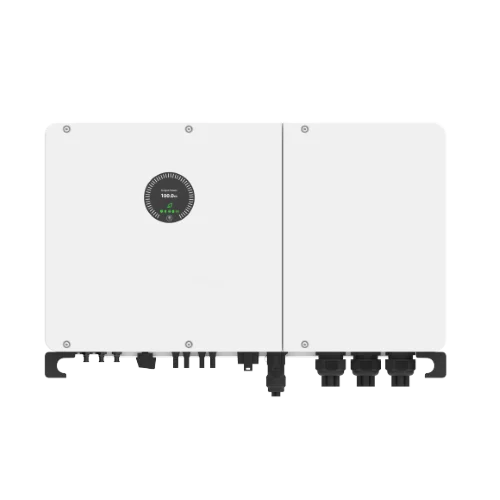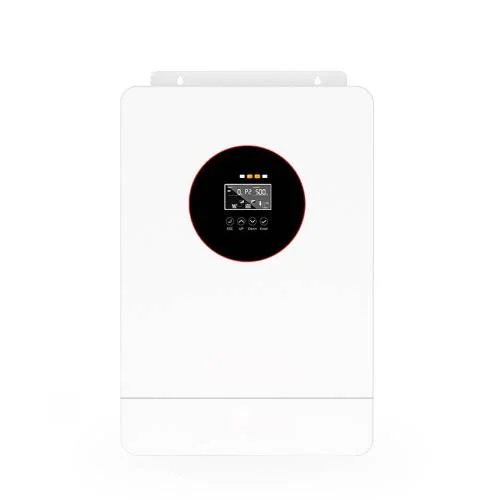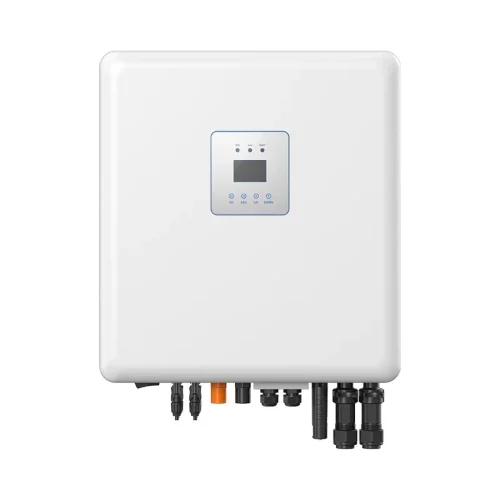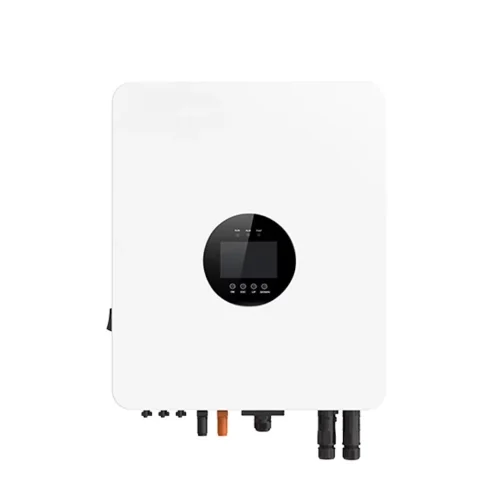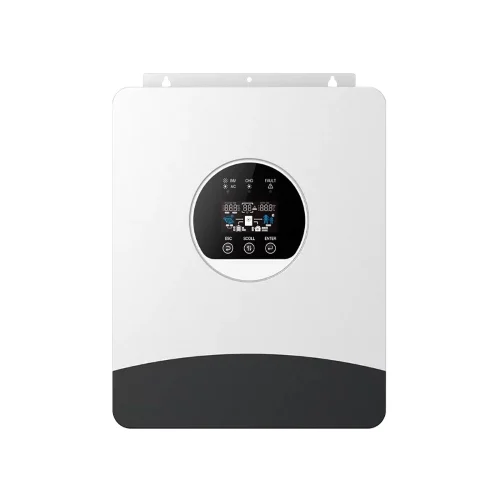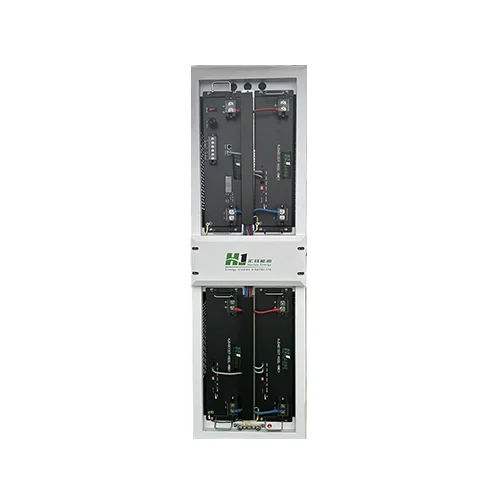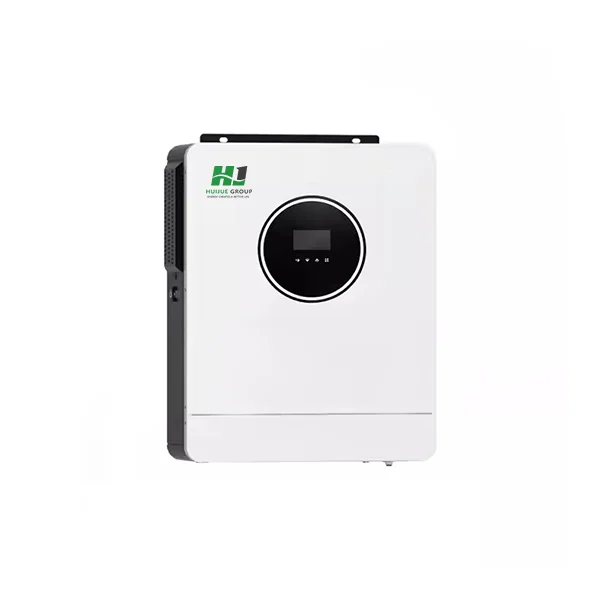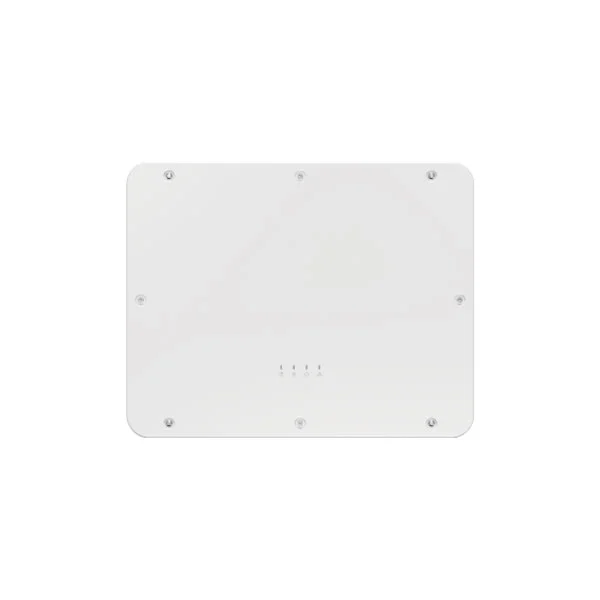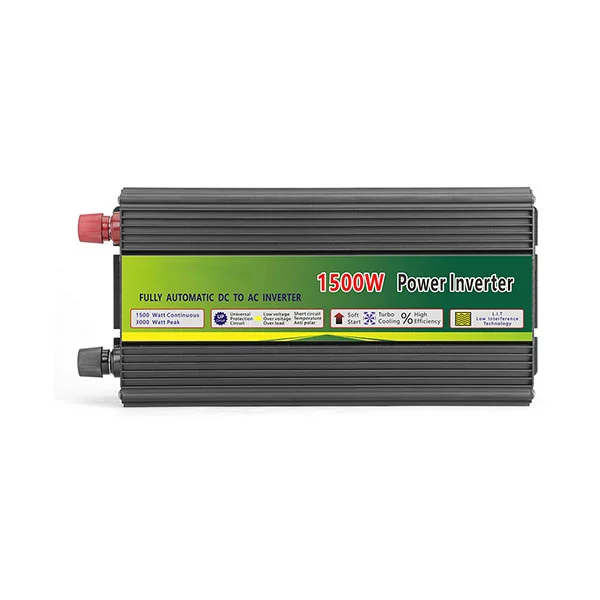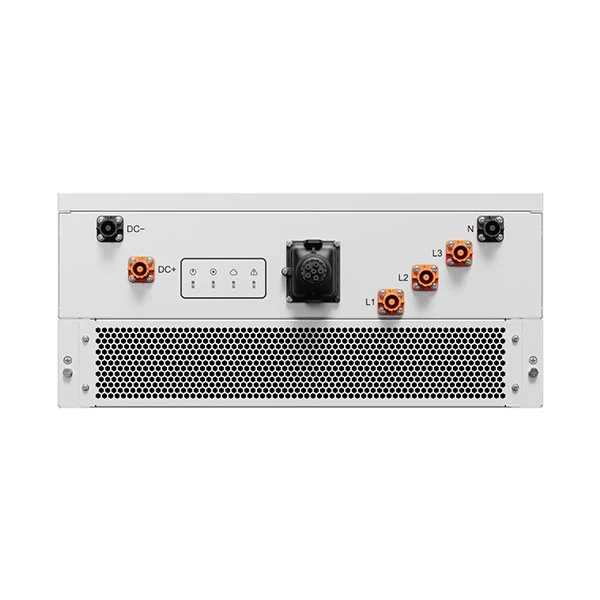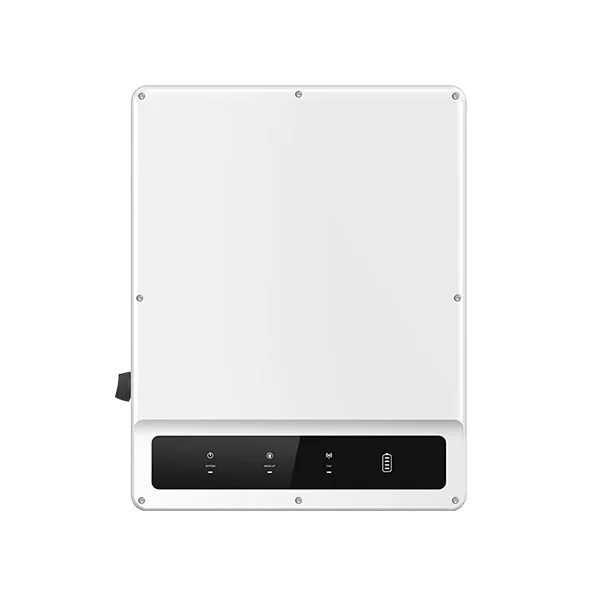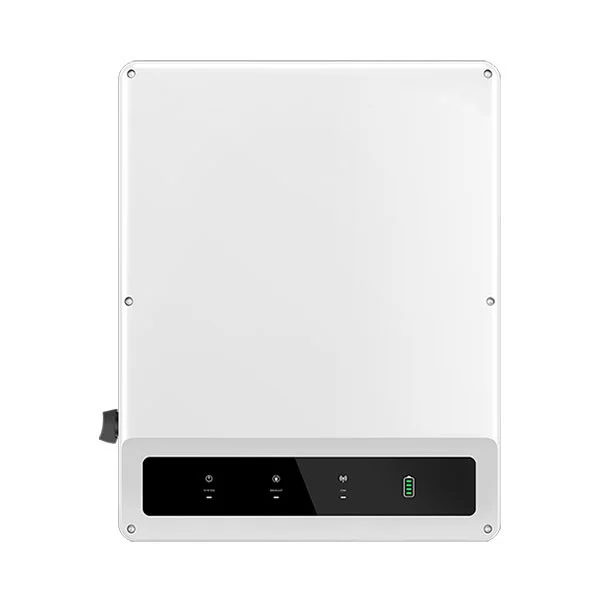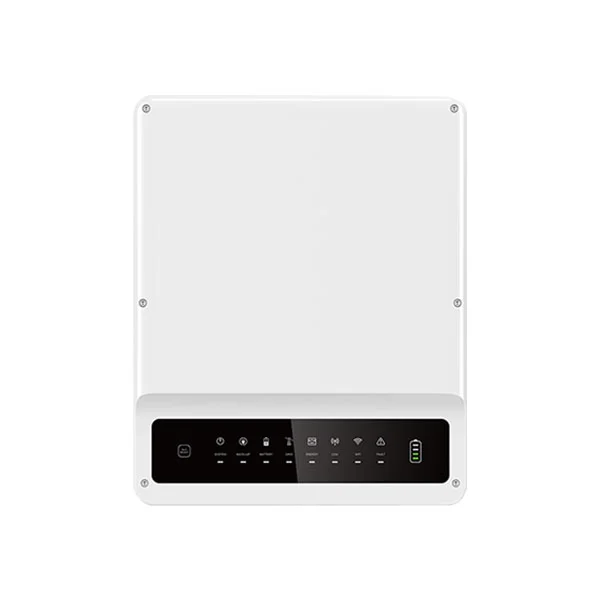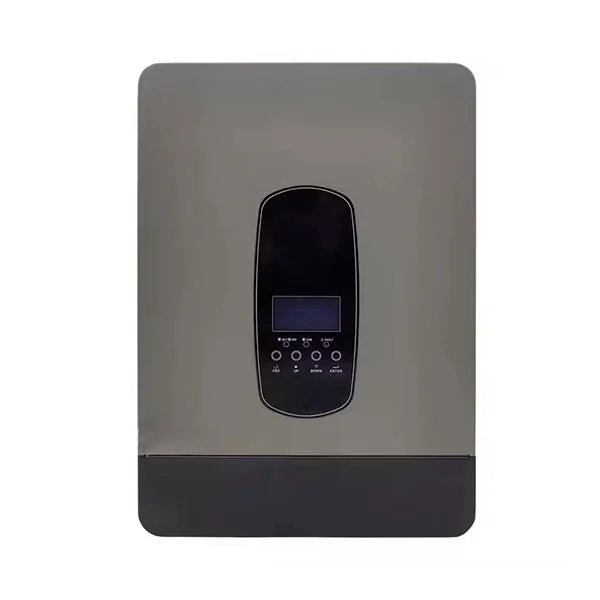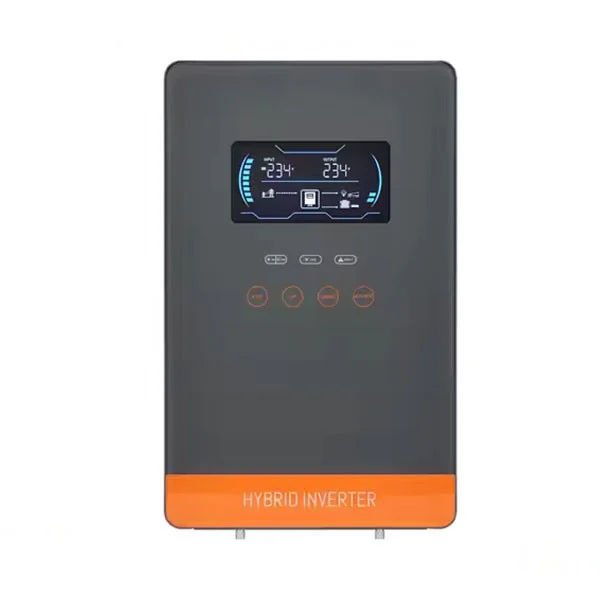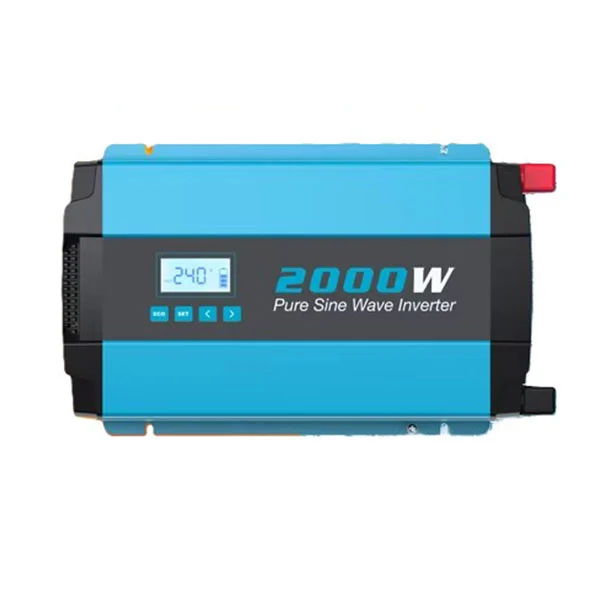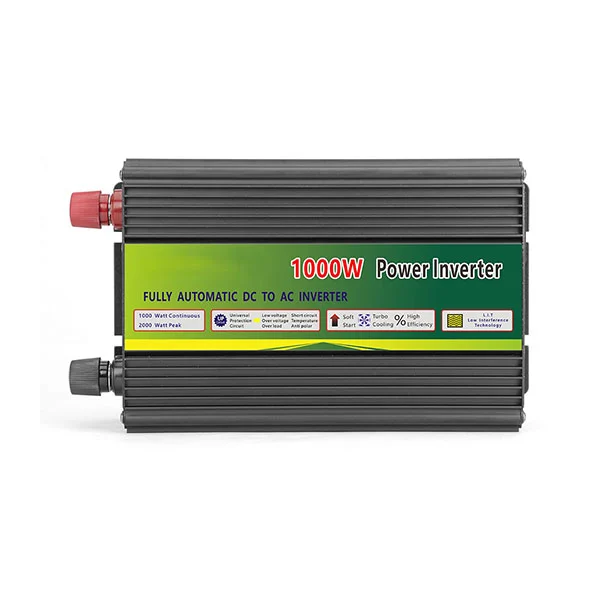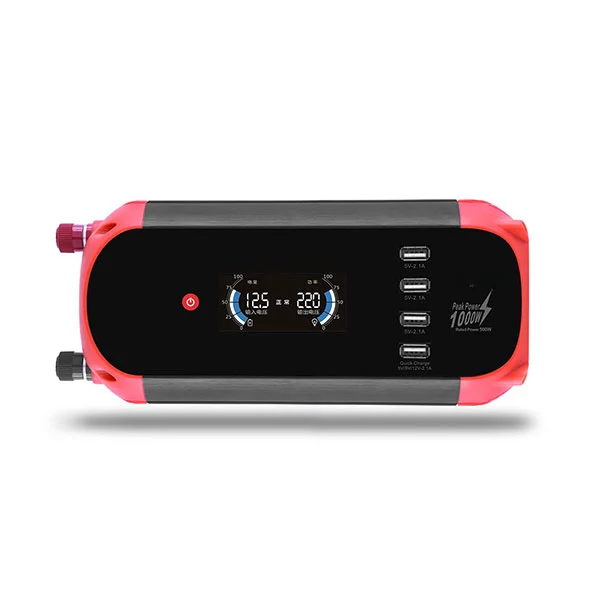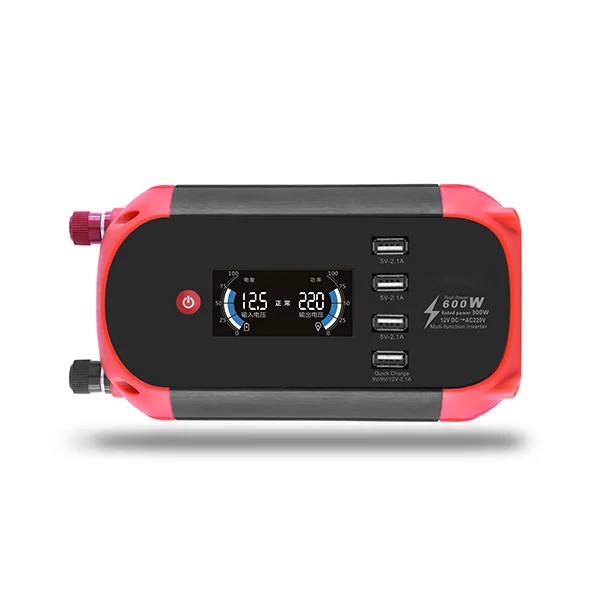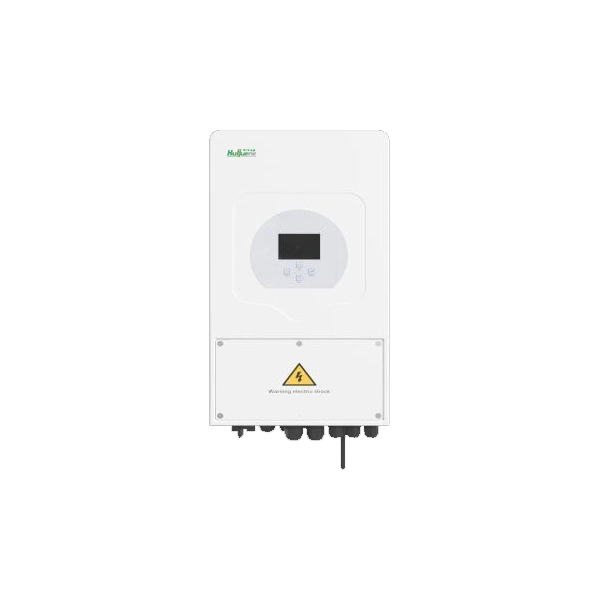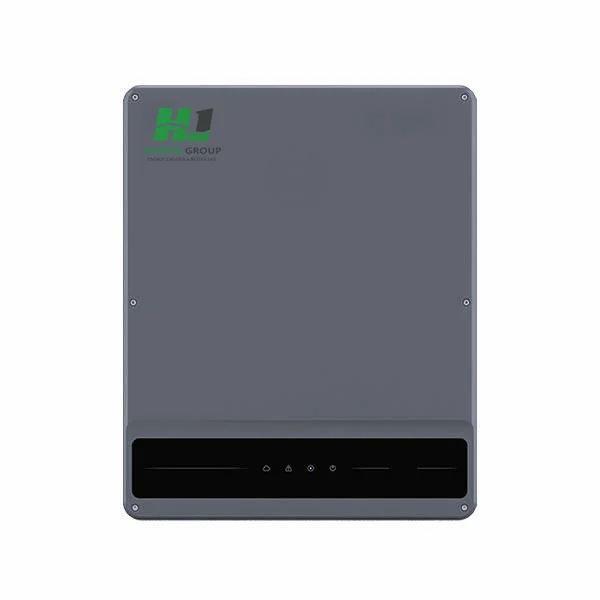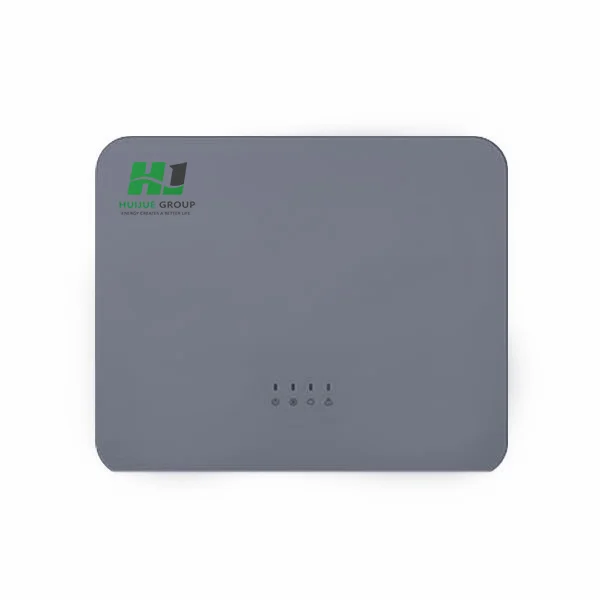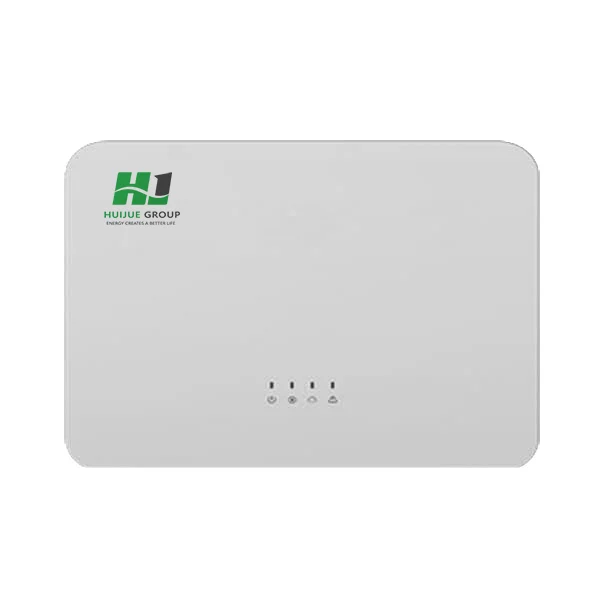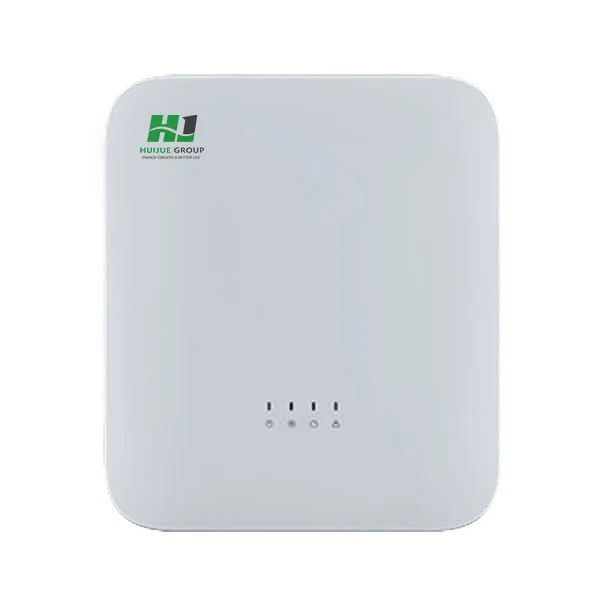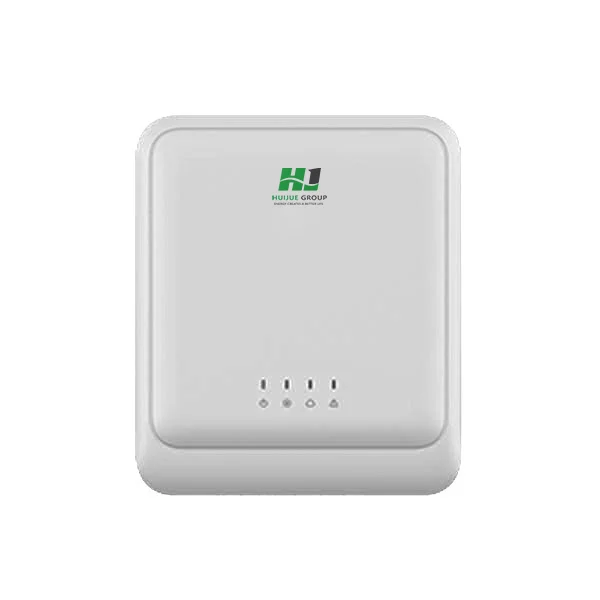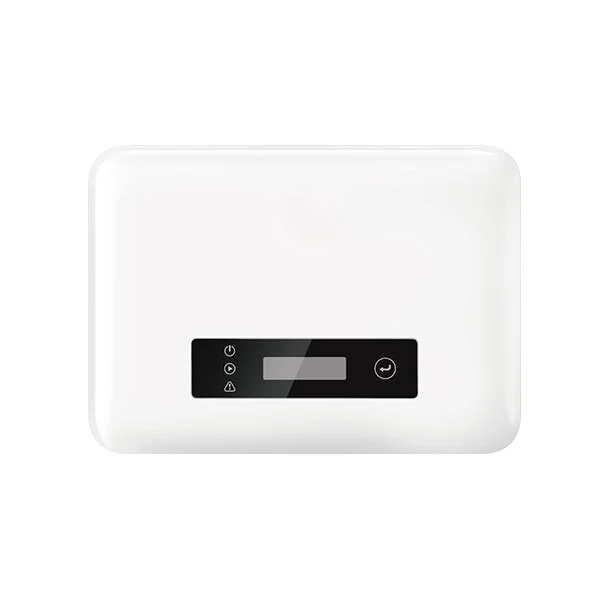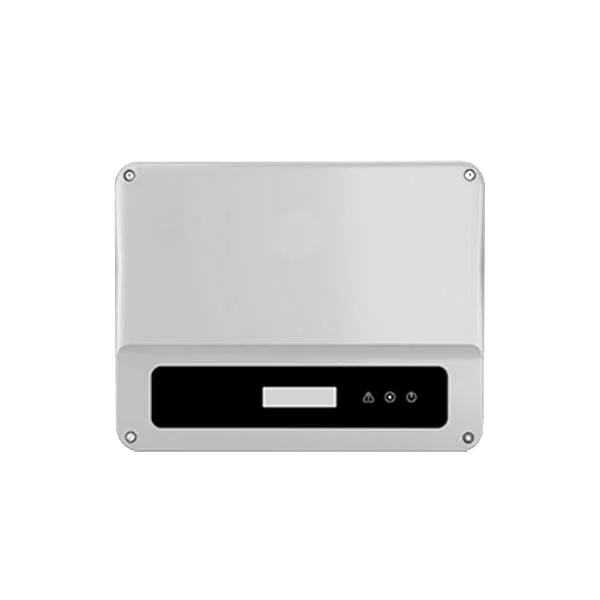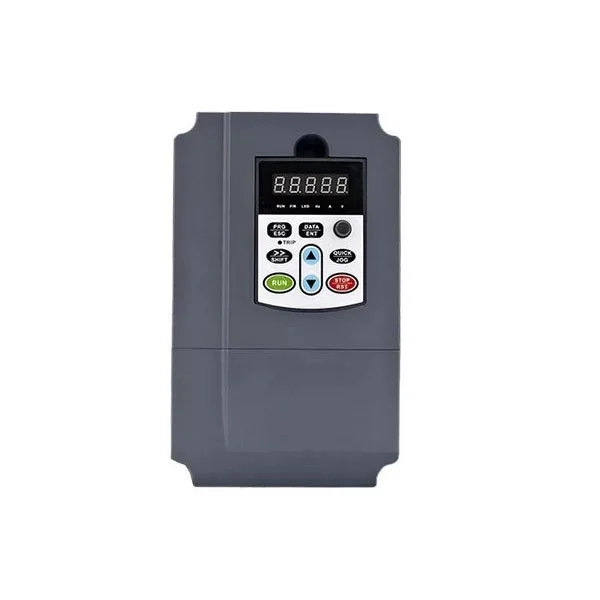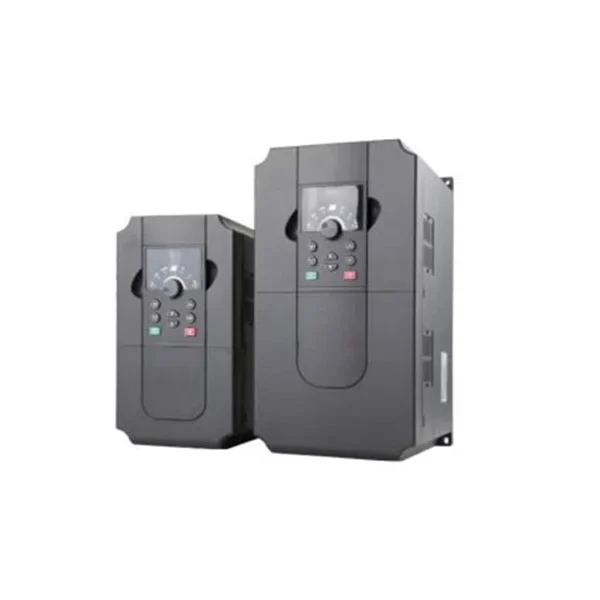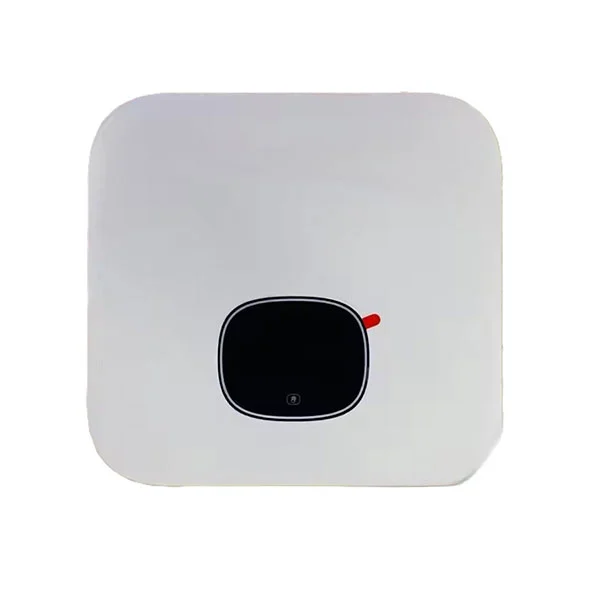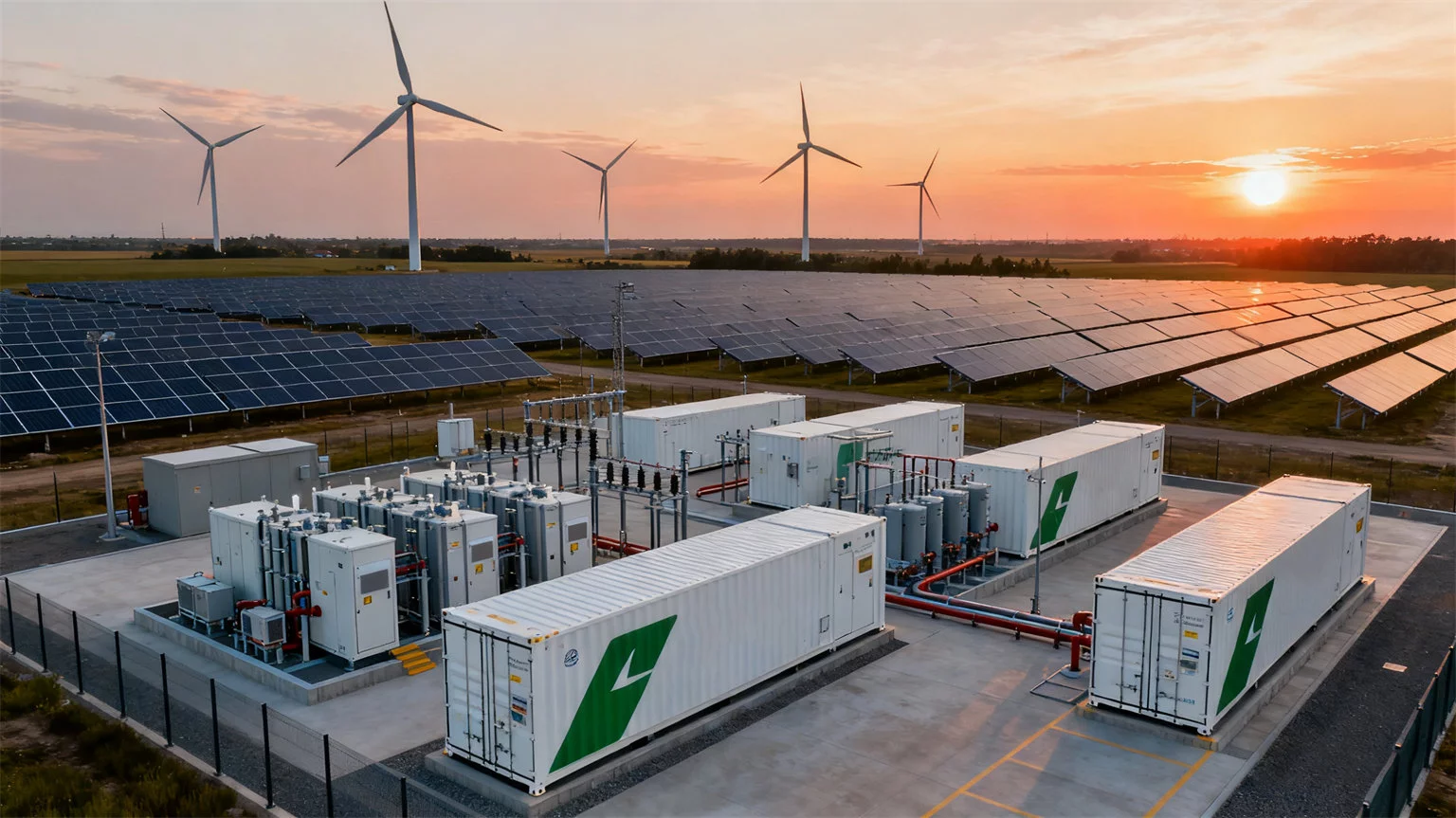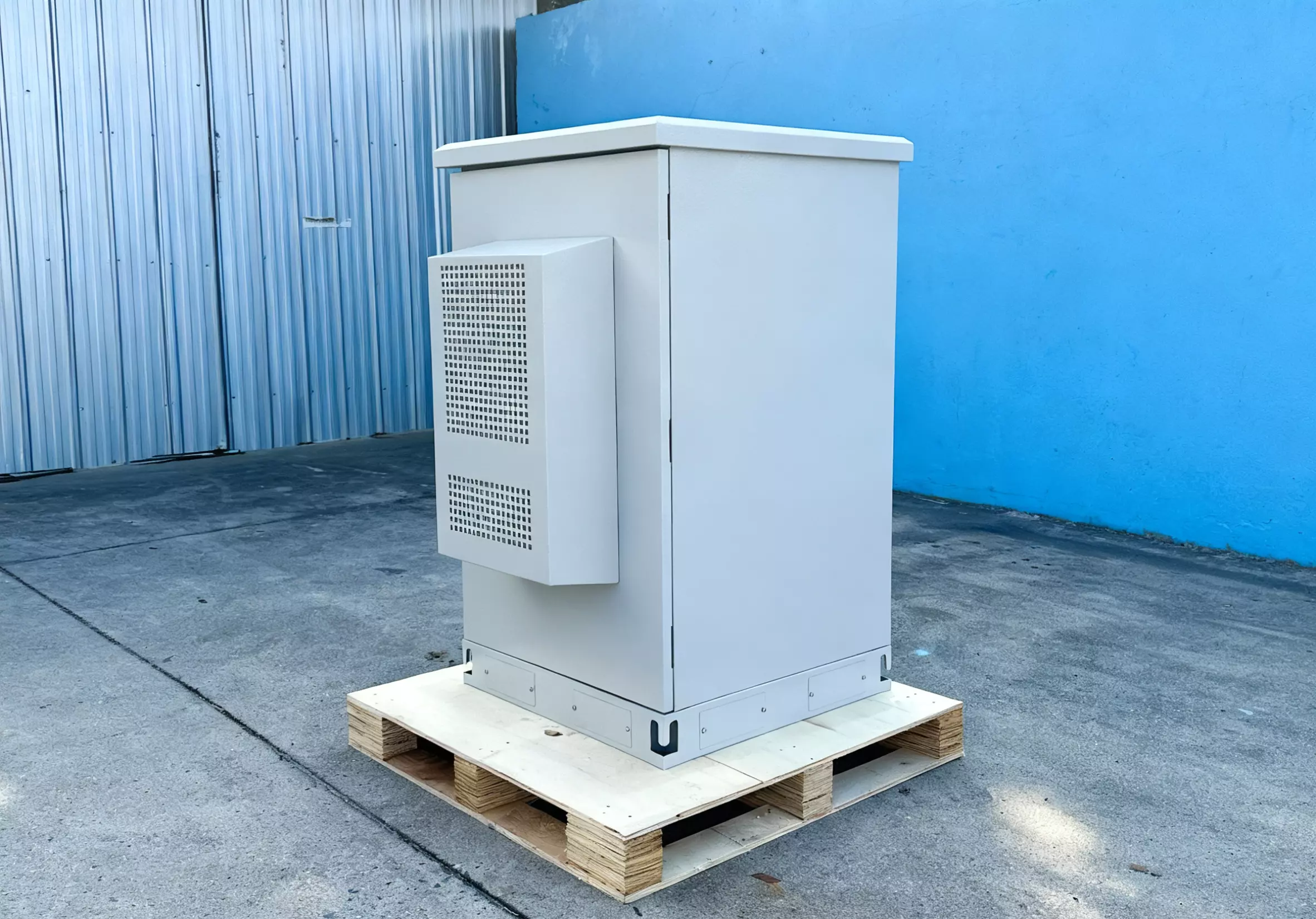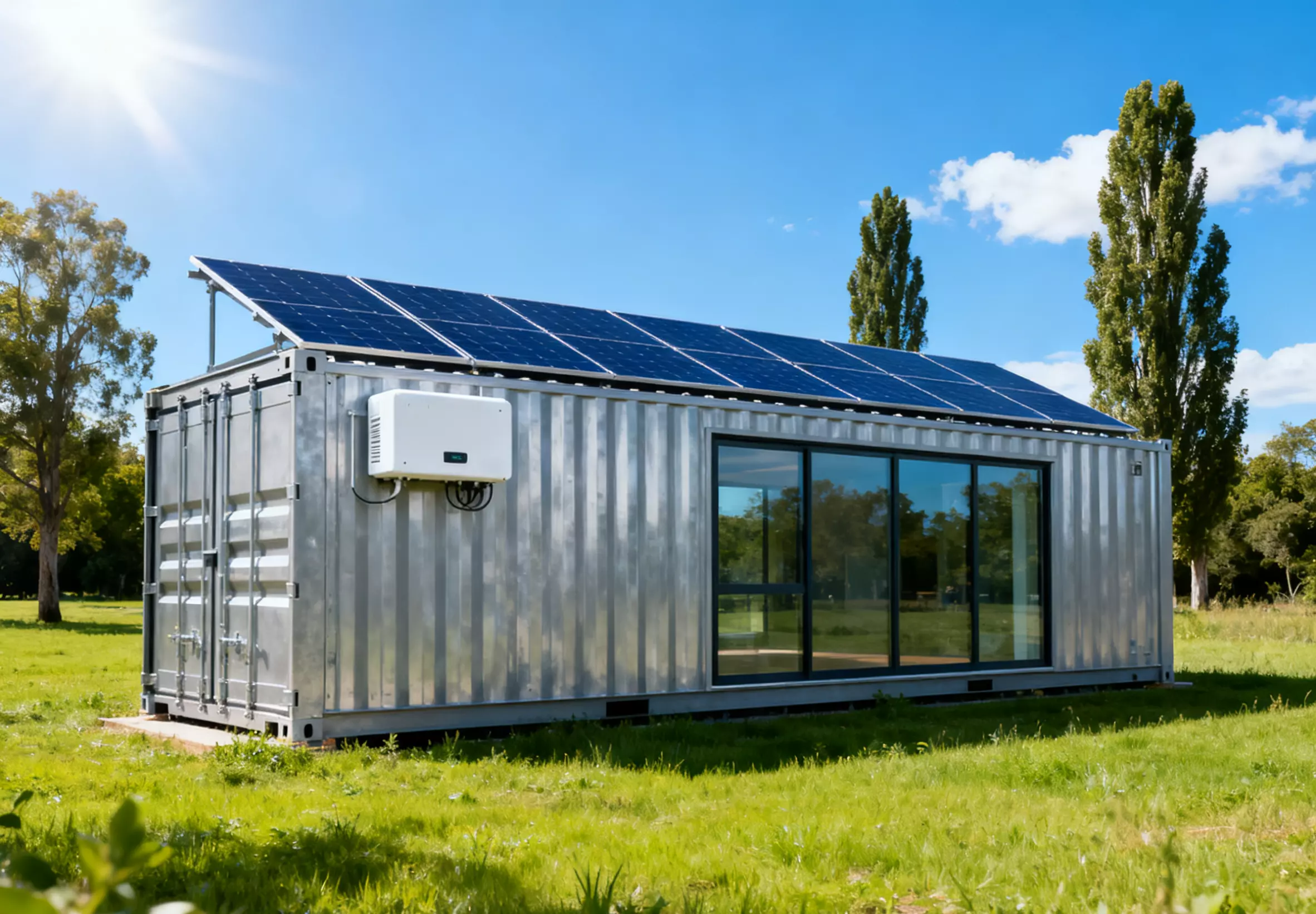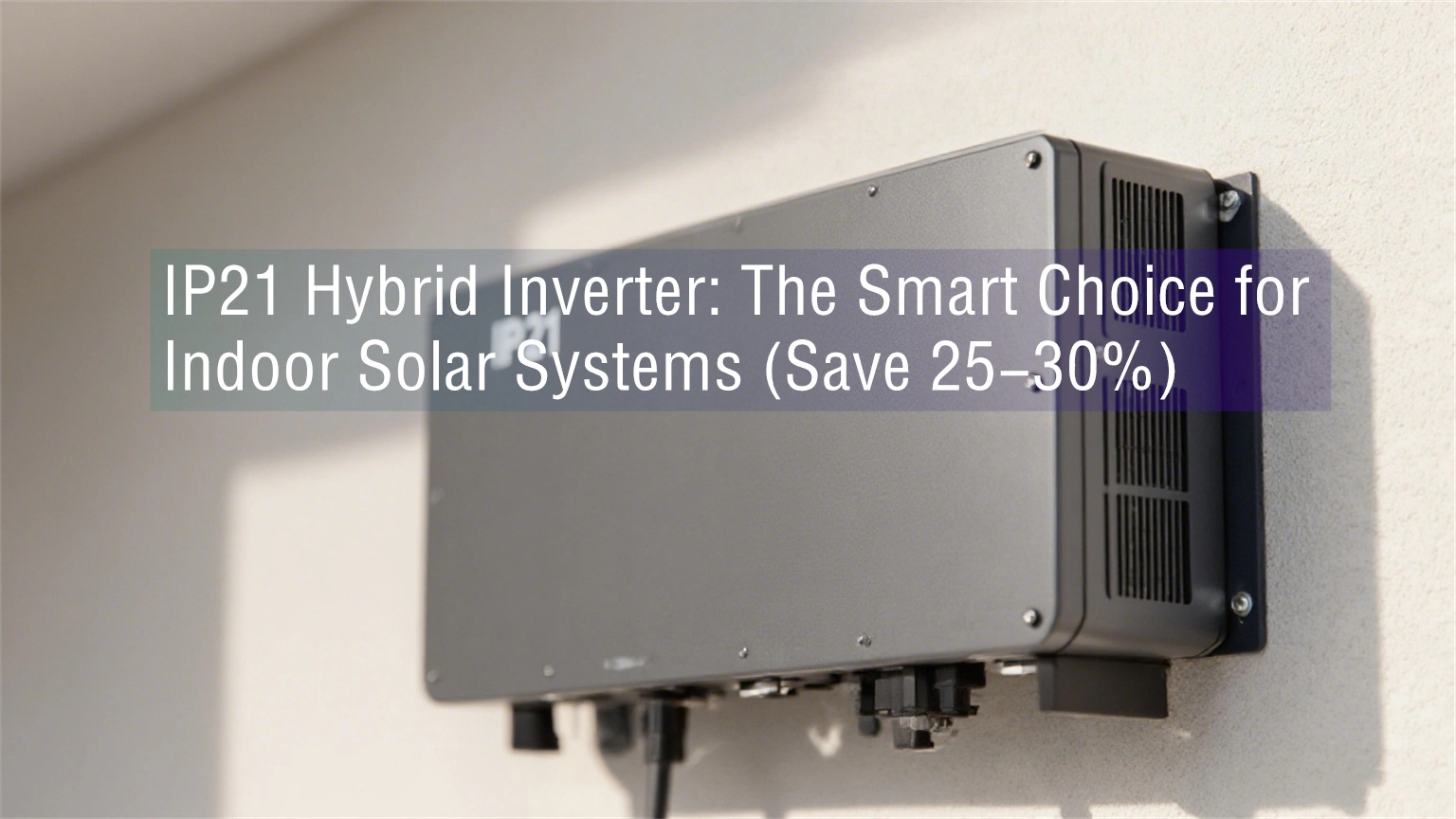These include power outages, which happen from bad weather to infrastructure failure; these cause disruption in the daily life pattern and even jeopardize life when machinery in hospitals or servers unexpectedly lose power. Fortunately, with these disruptions, backup power systems like UPSes and inverters exist that solve these situations.
The basic difference between a UPS and an inverter is that while both provide backup during a power cut, they differ in their functions, switching time, and other features. Now, let us see in detail what they are, compare their advantages, and arrive at the right decision.
What is a UPS?
UPS means an uninterruptible power supply that works like a backup if the power stops. In 2-10 milliseconds, with the help of inner batteries, the UPS overrides where power cuts out, and electronic equipment may stop functioning due to an outage in a power supply.
Online UPS is the most common kind of UPS that, along with voltage stabilization, also switches from utility power to batteries without a hitch and does it so fast that you can barely feel the whole process. Moreover, it protects the equipment from sudden changes in voltage.
UPS, has inverters and rectifiers. It has an inverter, which converts DC power from a battery into AC power, and a rectifier, which charges the battery. The key to intelligent circuitry is that it can switch between the main power source and the backup power source in a very short time in order not to affect equipment operation. This UPS can also be directly fed from the battery in case of a power cut and provides ample time for the equipment to save data and shut down without damage. In the meantime, abnormal voltage fluctuations are prevented, safeguarding your equipment in every possible way.
What is an inverter?
An inverter is responsible for turning direct current into alternating current, it provides backup power to electronic devices with non-sensitive switching time delays, such as light bulbs and electric fans. However, inverters are slow to switch power, which can be problematic when used for important equipment.
Simply put, an inverter is a converter connected to a DC power source like a battery. It takes power from the battery and turns the DC power into AC power for AC appliances. But it doesn't have a rectifier, so it can't charge the battery. To charge a battery, you have to use a separate charger.
Moreover, the inverter has no function to protect the equipment from abnormal current and voltage. A sudden change in voltage, high or low, is a shortcoming of the inverter because it can damage the more sensitive electronic devices.
Learn More About "Whats An Inverter?"
The Key difference between ups and inverters
Understanding the differences between a UPS and an inverter can help you make an informed choice.
| Feature | UPS | Inverter |
| Primary Function | Provides uninterrupted AC power | Converts DC to AC |
| Switching Time | 2–10 milliseconds | 300–500 milliseconds |
| Battery Charging | Built-in rectifier charges the battery | Requires external charge controller |
| Voltage Regulation | Includes AVR for stable output | No AVR; voltage may fluctuate |
| Protection Features | Shields against surges and power sags | No built-in protection |
| Cost | More expensive | Less expensive |
| Backup Duration | Short (10–30 minutes) | Long (several hours based on capacity) |
| Best For | Sensitive devices (computers, hospitals) | Non-sensitive appliances (lights, fans) |
Can a UPS be used as an inverter?
Yes, a UPS can be used as an inverter. Simply disconnect the UPS from the AC input and rely solely on battery power. The UPS will then work like a traditional inverter, converting direct current to alternating current.
However, an inverter cannot replace a UPS because of its slow switching time and lack of protection.
Which should you choose, a UPS or an inverter?
When choosing between a UPS and an inverter, consider your specific needs:
Do you use sensitive equipment?
For equipment such as computers, medical equipment , or servers, a UPS is essential. Its fast switching and protection features ensure uninterrupted operation.
Are you looking for a long-term backup?
If your goal is to power lights, fans or TVs during an extended power outage, aninverter is a more practical and cost-effective option.
Real-World Scenarios: UPS and Inverters
Imagine a small business that operates a data center. A sudden power outage could result in data corruption or loss of critical transactions. In this scenario, a UPS power inverter is essential to keep servers running seamlessly during the switchover to backup power.
On the other hand, an inverter is a better option for homes with frequent but brief power outages to maintain lighting and basic appliances for extended periods of time.
How to Choose the Right UPS or Inverter for Your Home
Picking the right UPS (Uninterruptible Power Supply) or inverter for your home is a crucial decision. You need to have an in-depth understanding of the features of the various options and how they fit your specific needs.
1. Product Characteristics Considerations
Power storage capacity
UPS and inverters vary in size and power storage capacity. When selecting, you must carefully weigh the cost, and capacity. At the same time, you should also pay attention to some additional features, such as surge protection, which can effectively prevent voltage surges on electrical equipment damage.
Ability to cope with power outages
The frequency of power cuts is the major factor that you need to keep in consideration. If your home is located in an area where power cuts are pretty frequent, then an inverter is undoubtedly the best choice for you. If the power rarely goes out in your area, then a UPS would be good enough to work for you. It can able to provide electrical support to appliances for a short period so that you may get through the short period of power outage.
2.The use of the scene and the need for portability
Portability
UPS would be perfect for those with mobility needs, people who often have to camp outdoors, or those whose workplaces have unstable and unreliable power supplies. Unlike an inverter, the UPS is much smaller, lighter, and more portable. You can easily take it to your travel destination for a stable power supply to electronic devices, making sure you can use your appliances and enjoy a convenient life in the outdoors.
Budget factor
Budget plays a central role in the whole decision-making process. Generally speaking, UPS is relatively affordable and can provide good performance in a short period , which is suitable for families with limited budgets but need basic backup power protection. The inverter, on the other hand, although more expensive to purchase upfront, is still very reliable in long-term use, providing continuous and stable power support for the family. If you focus on long-term stability and reliability and have a relatively large budget, then an inverter would be a more suitable choice.
Do you need a UPS if you already have an inverter at home?
Some users are concerned about the performance of the inverter in case of PC failure, and would like to equip their PCs with a UPS, in fact, if you don't want your PCs to be connected to the main inverter, it's perfectly fine to connect to a UPS instead. However, it should be noted that some UPSs are not compatible with inverters, such as conventional UPSs with outdated square wave output converters, and sine wave operation can be risky. However, if the inverter is a pure sine wave inverter and the UPS can adapt to sine wave, the two can be used together without problems. It is recommended to contact the inverter supplier for professional advice to ensure the safety and effectiveness of the pairing.
Before making a final decision, it is still recommended that you compare different brands and models of UPS and inverters. You can also refer to online user reviews and professional reviews to understand the appearance, size, interface and other details. Through all-round comparison, you can find the UPS or inverter that best suits your family's needs and budget. If you are considering purchasing UPS and inverter, you may want to consider Huijue Group to provide you with peace of mind and power protection.

